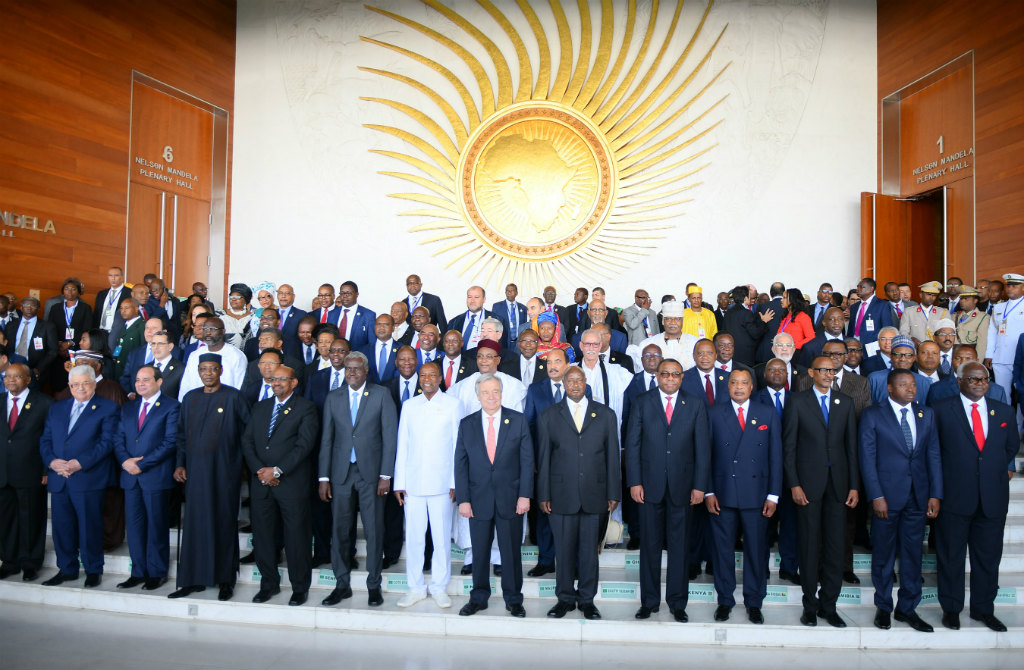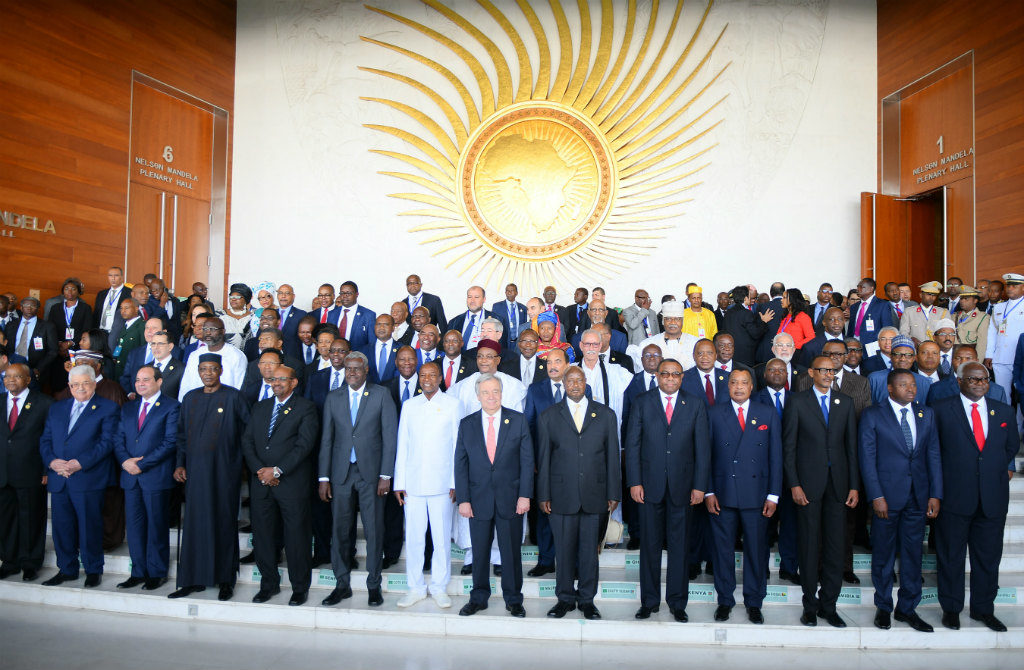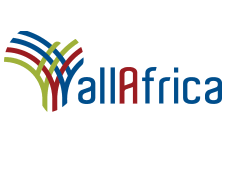African Union Summit Takes On Fight Against Graft


The theme of this year’s 30th African Union Summit is “Winning the Fight Against Corruption: A Sustainable Path to Africa’s Transformation,” and Africa’s 55 Heads of State and their ministers have to show their records in fighting corruption and design new ways of fighting graft.
The summit will revisit the AU Convention on Prevention and Combating Corruption, which came into effect in 2006.
Member countries are expected to formulate a common penal policy that protects citizens against the effects of corruption.
Nigerian President Muhammadu Buhari will be leading the war against corruption on behalf of other leaders.
The AU estimates that 25 per cent of the GDP of African countries is lost to corruption every year. Five per cent of the resources are lost through illicit financial flows, with 65 per cent of outflows drawn from commercial activity by multinationals, and 30 per cent from criminal activities.
However, members of the civil society affiliated to the AU are sceptical about the leaders’ political will to fight widespread corruption.
Since the 2006 Convention was adopted, only 38 countries have ratified it. The implementation of the convention is monitored by the AU Advisory Board on Corruption, which supports partner states in designing measures for preventing and eradicating corruption.
No enforcement mechanism
According to Liesl Louw-Vaudran, a senior research consultant at Institute for Security Studies in South Africa, the AU has no enforcement mechanism to ensure that member states adhere to its principles.
The only AU tool that comes close to naming and shaming corruption and bad governance is the voluntary African Peer Review Mechanism.
“At this stage, only real day-to-day situations in Africa’s 55 member states will show whether the AU’s initiatives to fight corruption will trickle down to where it matters,” Ms Louw-Vaudran said.
She added that while the AU is upbeat about the success of its anti-corruption theme for the summit, for now it can do little more than raise awareness and set norms and standards.
Filling the gaps
A statement released on January 22 by the African Women’s Development and Communication Network (Femnet), targeting the summit, says that resources lost through corruption could be transferred towards the provision of quality sexual and reproductive health services for Africa’s women and girls, or even to improve the quality of primary, secondary and tertiary education.
“Femnet is urging the African Union to focus on filling the gaps created by corruption by utilising resources that could have been lost, or that are being recovered in anti-corruption efforts, to replenish the gaps on provision of health care services, education and the establishment of infrastructure to improve the quality of life for its people,” says the statement.
